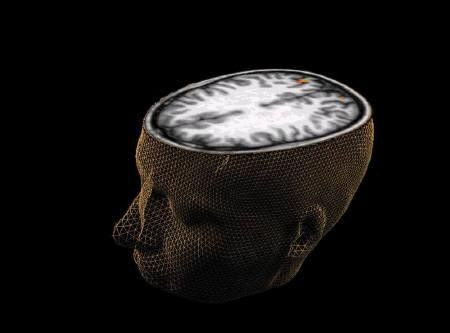Memories of Drug Addicts Can Be Wiped Off: Says Top Neuroscientist from Cambridge

Based on this new research by Cambridge University’s Professor Barry Everitt, it is possible to disrupt related memory pathways of drug users ito weaken powerful “compel” cravings and reduce their “drug seeking behavior.”
This finding surely opens up a new field of addiction therapy with enormous hope.
Everitt, joint winner of the prestigious Fondation (CORR) Ipsen Neuronal Plasticity Prize for 2014, explained his research which involves targeting “memory plasticity.” The work using rat as model showed reduced impact of maladaptive drug memories.
This observation has the potential to “offer a radical new method of treatment of drug addiction in humans, where researchers have already established that the path to addiction operates by shifting behavioral control from one area of the brain to another. This process sees drug use go from a voluntary act to a goal directed one, before finally becoming a compulsive act.”
It is this very process that Everett, through his research, is trying to “prevent” by targeting “maladaptive drug-related memories” to “prevent them from triggering drug-taking and replaces”.
In humans,; this can be achieved by blocking brain chemicals.
“It's the emotional intrusiveness of drug and fear memoirs that can be diminished, rather than an individual's episodic memory that they did in the past take drugs or had a traumatic experience,” he told The Independent.
In one experiment, they diminished “drug seeking behaviors by obstructing a brain chemical receptor linked to learning and memory, thus erasing memories, while in another study it found they could weaken drug use memories by altering a particular gene in the amygdala, a brain area processing emotional memory.”
He admitted that it is not feasible an approach to inactivate genes in the human brain; therefore, his team is presently working on identifying the underlying brain mechanisms of memory reconsolidation in humans.




















